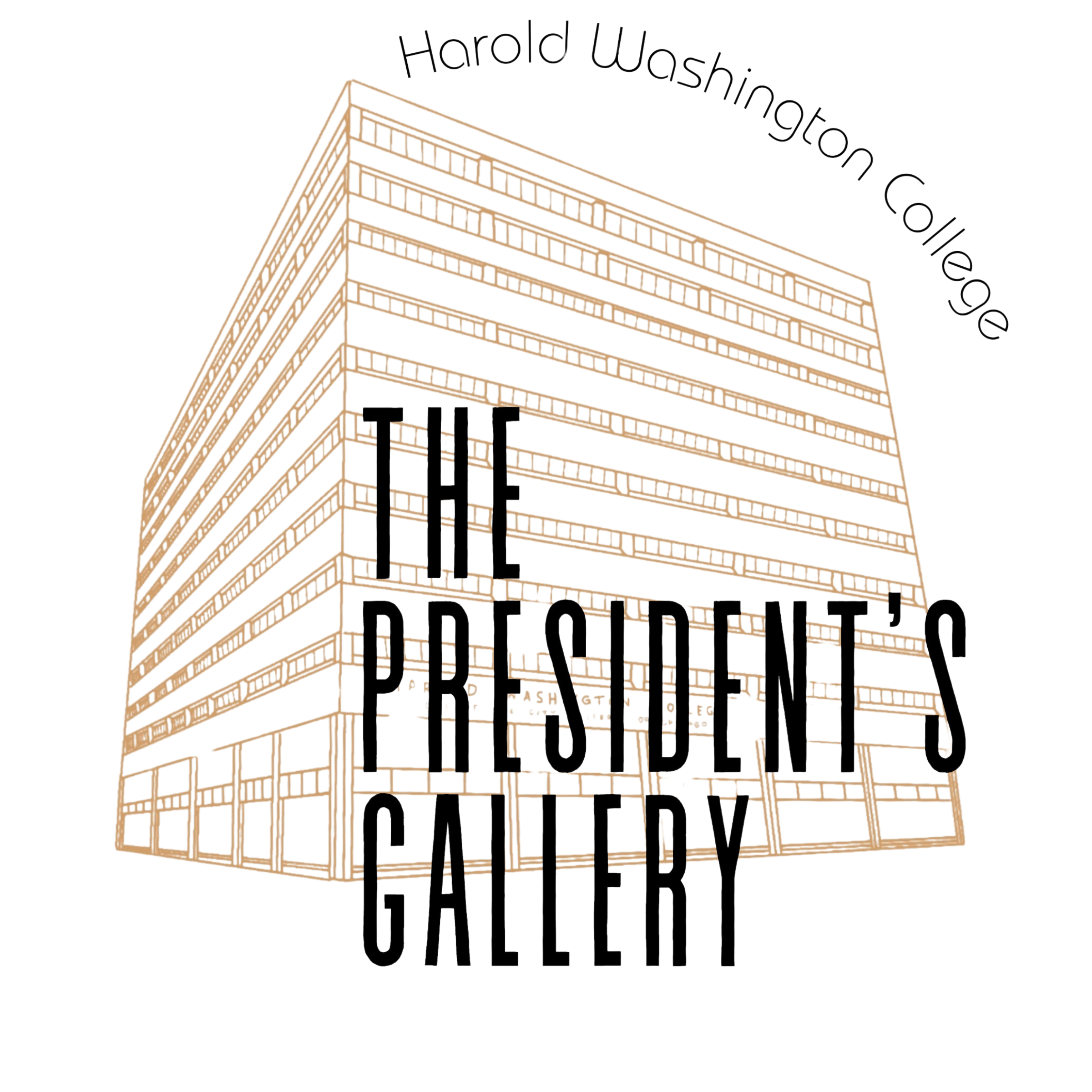Natalia Cuevas, El Camino: Cases 0360-0380, Archival Inkjet Print & Mixed Media (Milk Crates, Sand, and Found Objects) 88 x 42 x 15 in, 2020
Artwork Statement:
"From October 2000 through September 2016, Border Patrol documented 6,023 deaths along the U.S. Mexican border. Still, there are countless more who remain nameless and lost along a path lined by the dead."
This piece serves as an exploration of migrant deaths along the U.S. Mexican border, focusing specifically on unidentified border crossers and their families. I seek to expose the reality of increasing migrant deaths by emphasizing the scale of the crisis and humanizing individual stories through objects and intimate narratives. Each milk crate serves as a grave that honors and memorializes migrant bodies through recreations of personal items found along the South Texas area. Each item is based on information from Yo Tengo Nombre, a visual and bilingual database of found objects intended for families and friends of missing people to scour through and identify loved ones. Through a fabrication of illegality, I seek to understand the systems and institutions that perpetuate violence against immigrants as a reminder of the fate that awaits many, but also of the hope and resilience of the human spirit. I dedicate this piece to those who have lost their lives crossing.
For more information on the online database, visit https://www.yotengonombre.com/
Artist Bio:
Natalia Cuevas is a socially engaged, conceptual artist who creates interactive installations in response to politically and socially charged events targeting Latinx communities. As a first-generation artist and Chicago native, she draws from Mexican iconography, family background, and heritage to promote multicultural education and foster a sense of intimacy between misrepresented and marginalized communities.
Cuevas's passion for arts education leads to her community work with youth and public schools to use art as a bridge between cultures. She has worked in various community arts programs within Ann Arbor, Detroit, and Chicago, serving as a teacher, art-based mentor, and curriculum developer.
She received her BFA degree in 2019 from the University of Michigan and is currently working and exhibiting in the city of Chicago.
